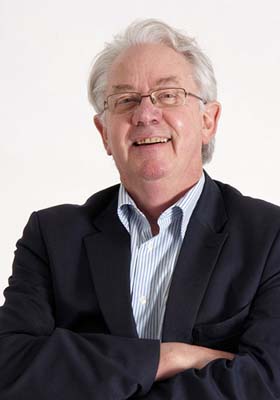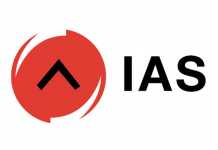Thought Leader
“What do South Africans want?” is the question addressed in research conducted by Professor John Simpson and the UCT Unilever Institute of Strategic Marketing. This was presented at the latest Primedia Outdoor private seminar, and focused on South African aspirations – the needs, wants and desires that inform and compel consumer decisions, the impact of socio-economic changes upon these aspirations, and how marketers can best respond to them.
Loosely defined as “the desire for a better state”, the aspirations of South Africans vary widely. “Different levels of consumers have very different types of aspirations, and very different levels of achievement of those aspirations,” says Simpson. “For example, if you look at some people living in the townships or squatter camps, their aspirations could simply be to fulfil basic needs, and nothing more than that.”
Keeping things real
Some marketers have not taken this into account, instead targeting aspirations way above the reality of the lives of their market. While advertising used to try to sell archetypes of an aspirational life – think of the old Peter Stuyvesant ads circa 1985 – this approach no longer works.
“SA is a very different country from what it was in 2007” says Simpson. “If I go back to 2007, the reason is quite simple: that economic boom meant everybody was benefitting. Everybody wants to do better. They want to move from a given state to better state… and at that stage it could be achieved, because everybody felt that opportunities were waiting for them; they reckoned that things were going to be pretty good. So… they could target things that were ahead of them with some confidence, and in fact they would achieve this. If we had targeted using the old model, where everyone was on a linear trajectory of have – have more – have better – have best in 2007, we could have gotten away with it. Today, we’ve got no chance at all.”
South Africa’s poor are not typical
Simpson notes that marketers make a second error in using models developed in countries other than South Africa. “South Africa is very different indeed”, he says.” For example, if we look at the very poor end of the market – the bottom 40% of the population or so – the reality is that people here are actually very well off, compared to other developing economies. Nowhere else, in countries like SA, have poor people been given a free house, electricity, free water, free education and a social grant.”
As a result, the aspirations of the South African poor are not the same as elsewhere.
The presentation further detailed the impact of the dramatic socio-economic changes taking place on local aspirations and provided an alternative aspirational model, along with numerous tips to marketers . It was the latest in a series of illuminating private seminars presented by Primedia Outdoor since 2013. The UCT/Unilever research draws on some 900 in-depth interviews, 8 focus groups, a Nielsen quantitative survey, 40 expert interviews, the National Income Division Study (NIDS) and a student survey of 500, and was headed up by Professor John Simpson, Director of the Institute.
About Primedia Outdoor
Primedia Outdoor is the largest wholly South-African-owned outdoor advertising media specialist, focusing primarily on the marketing and selling of outdoor advertising signage. With over 17 000 advertising faces across the country, it offers national outdoor exposure across a mix of media types. These include high-end digital signs, airport advertising, freeway and suburban spectaculars and street furniture, as well as taxi and bus branding, taxi rank branding and Rank TV.
Primedia Outdoor provides flexible coverage of the entire socio-economic spectrum, from cosmopolitan consumers in major urban areas through to those living in rural communities in Limpopo and the Eastern Cape.























































































